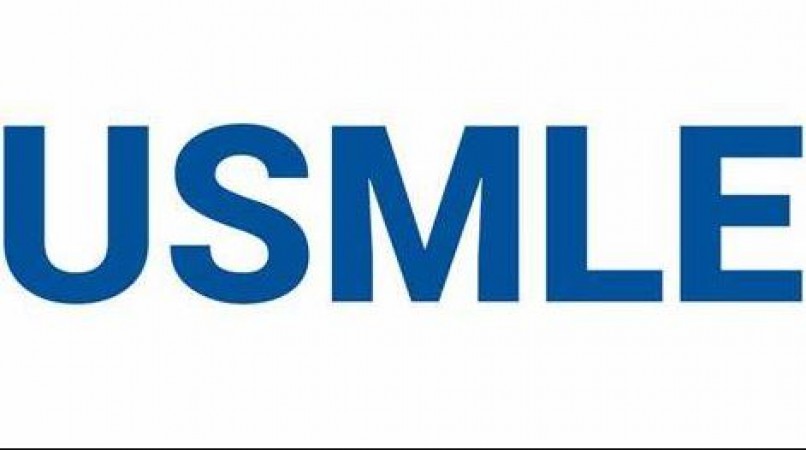
Introduction: What is the USMLE?
The United States Medical Licensing Examination (USMLE) is a three-step examination that assesses the knowledge and skills of medical professionals seeking to practice medicine in the United States. The USMLE is a crucial requirement for obtaining a medical license and is administered by the National Board of Medical Examiners (NBME) and the Federation of State Medical Boards (FSMB).
The Purpose and Structure of the USMLE
The USMLE is designed to evaluate a candidate's ability to apply medical knowledge, concepts, and principles to real-life patient care scenarios. It consists of four steps, each focusing on different aspects of medical practice.
Step 1: Basic Medical Sciences
Step 1 assesses a candidate's understanding of the fundamental principles of basic medical sciences, including anatomy, biochemistry, physiology, pathology, pharmacology, and microbiology. This step consists of multiple-choice questions that test the candidate's knowledge and problem-solving abilities.
Step 2: Clinical Knowledge (CK)
Step 2 CK evaluates a candidate's clinical knowledge and skills, including the diagnosis and management of common medical conditions. It consists of multiple-choice questions and focuses on various medical disciplines such as internal medicine, surgery, pediatrics, obstetrics and gynecology, psychiatry, and preventive medicine.
Step 2: Clinical Skills (CS)
Step 2 CS assesses a candidate's ability to gather information from patients, perform physical examinations, and communicate effectively with patients and colleagues. This step is conducted through a series of standardized patient encounters, where candidates are evaluated on their clinical skills, including history-taking, physical examination, communication, and patient note writing.
Step 3: Patient Management
Step 3 is the final step of the USMLE and evaluates a candidate's ability to manage common patient scenarios. It assesses the application of medical knowledge and clinical skills in a supervised clinical setting. Step 3 includes multiple-choice questions and computer-based case simulations.
Preparing for the USMLE
Preparing for the USMLE requires careful planning and a systematic approach. Here are some essential steps to help you in your preparation:
Establish a Study Schedule
Create a study schedule that allows you to allocate sufficient time to cover all the required topics. Divide your study time wisely, giving more focus to high-yield subjects. Be consistent with your study routine and set realistic goals to track your progress.
Gather Study Resources
Collect comprehensive study resources, including textbooks, review books, online question banks, and other study materials. It's essential to choose resources that align with the content and format of the USMLE. Utilize reputable sources and review materials recommended by previous test takers.
Practice with Sample Questions and Practice Exams
Practice is key to success in the USMLE. Solve sample questions and take practice exams to familiarize yourself with the exam format and improve your time management skills. Analyze your performance and identify areas that require further review and practice.
Tips for Success in the USMLE
To excel in the USMLE, consider the following tips:
Focus on High-Yield Topics
Identify high-yield topics that frequently appear on the exam and allocate more study time to these areas. Understanding core concepts and common medical conditions will enhance your performance in the examination.
Develop Effective Study Strategies
Implement active learning strategies such as creating flashcards, summarizing important concepts, and teaching others to reinforce your understanding of the material. Use visual aids, mnemonics, and diagrams to memorize complex information effectively.
Take Care of Your Physical and Mental Health
Maintain a healthy lifestyle during your preparation period. Get enough sleep, exercise regularly, and eat a balanced diet to ensure your mind and body are in optimal condition. Manage stress through relaxation techniques such as meditation or engaging in activities you enjoy.
Conclusion
The USMLE is a vital step in the journey of medical professionals seeking licensure in the United States. By understanding its purpose, structure, and effective preparation strategies, candidates can maximize their chances of success. With dedicated study, focused preparation, and a well-rounded approach, aspiring doctors can confidently navigate the USMLE and progress towards their medical careers.
Board Exams (such as CBSE, ICSE, etc.): A Comprehensive Guide
The Importance of Culinary Education
Dr. BS Tomar: Why Does India Need More Research Institutes to Compete With Developed Countries?